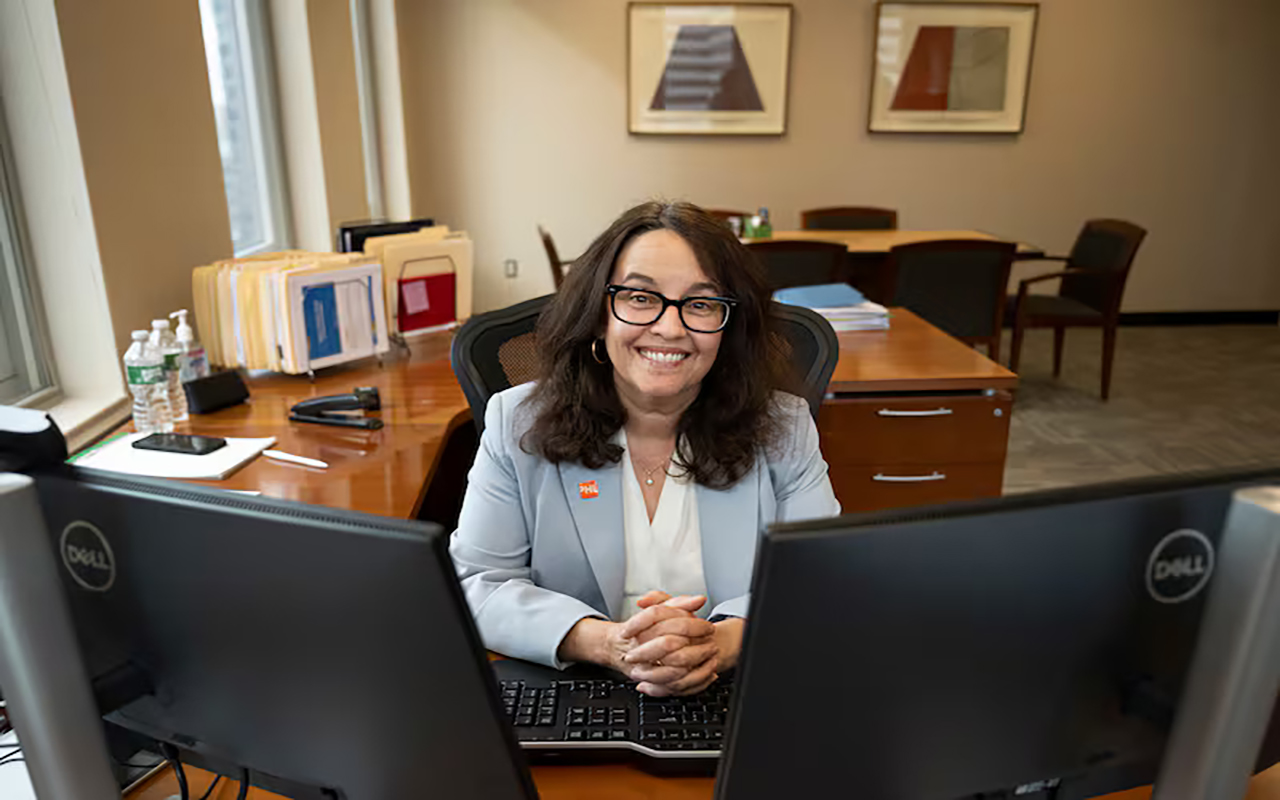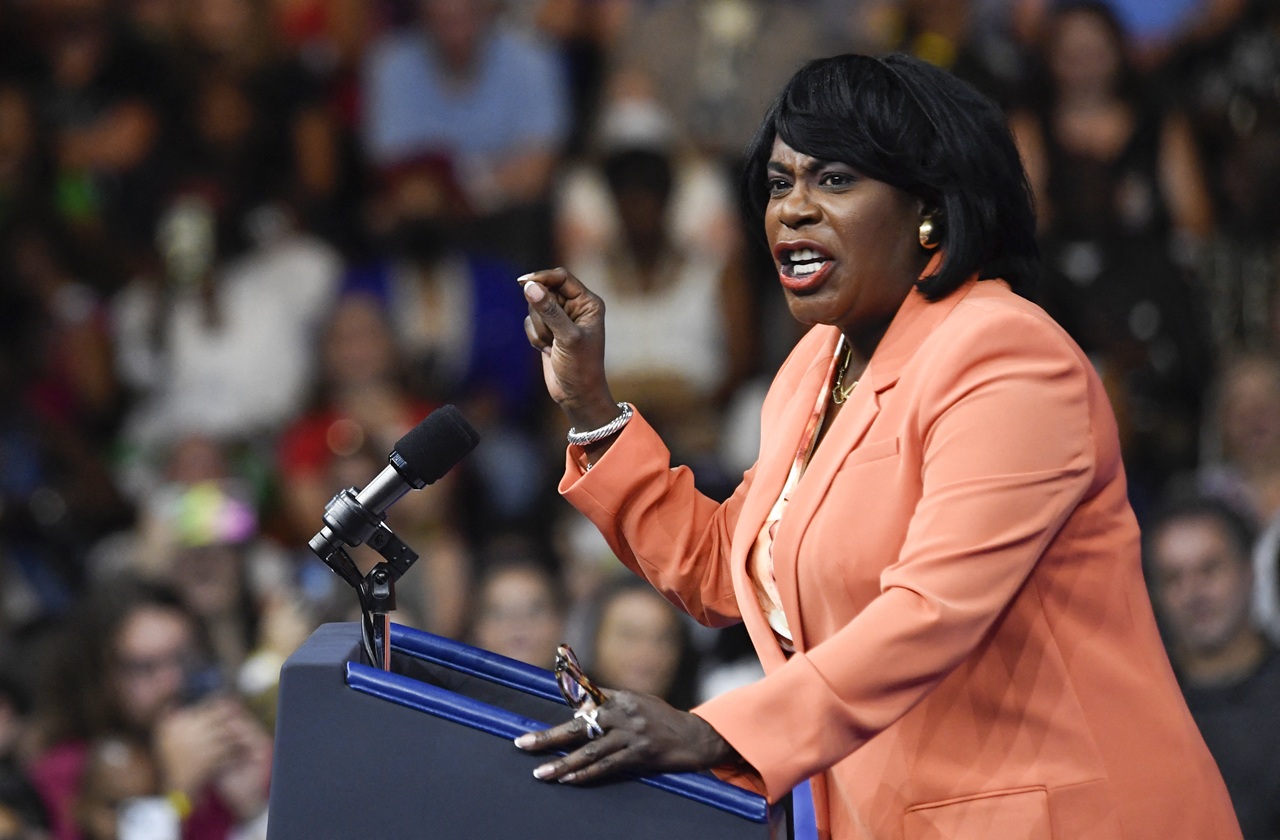
Philly leaders remember Atlanta spa shootings, track the history of AAPI hate in the U.S.
The city’s AAPI community has seen its fair share of hate in the past year, including an attack on a Central High senior for standing up to bullies.
Xiaojie Tan, Daoyou Feng, Delaine Ashley Yaun, Paul Andre Michels, Yong Ae Yue, Soon Chung Park, Hyun Jung Grant and Sun Cha Kim.
These are the names of the eight people that were killed in the Atlanta spa shootings that occurred on March 16, 2021. Six of them were women of Asian descent, four of whom were Korean mothers.
The AAPI community continues to mourn this tragic loss of life and brutal attack that stemmed from the poisonous combination of racism, misogyny and classism.
The pandemic not only exposed, but exacerbated existing challenges facing AAPI women.
— Helen Gym (@HelenGymAtLarge) March 16, 2022
Our response must emphasize prevention, victim-centered and racially just interventions, and lasting care for our communities.
>> Read more from @PhiladelphiaGovhttps://t.co/wM31lbHmiw
“Pervasive and harmful stereotypes of Asian American and Pacific Islander women as submissive, hyper-sexual, exotic, coupled with a long history of militarization and imperialism in East and Southeast Asian countries, continue to harm AAPI women,” the City of Philadelphia wrote in a statement entitled “A Year to Remember Atlanta."
Anti-Asian hate incidents are still as prevalent as they were at the start of the pandemic in March 2020, with nearly 11,000 incidents recorded by the nonprofit Stop Asian Hate.
To honor the lives of those lost in last year’s spa shootings and the lives of all AAPI people killed due to racist violence over the past two years, the AAPI community in Philadelphia came together to grieve, rage and add more fire to the movement for change.
On March 16, 2022, Asian Pacific Islander Political Alliance (APIPA) held an event at Folk Arts-Cultural Treasures Charter School, entitled “Day of Remembrance.”
It was intended for the AAPI community and their supporters to collectively grieve, heal, reflect on history and find new ways to get involved in the fight for justice.
Councilmember Helen Gym, the first Asian-American woman to serve on Philadelphia’s City Council, addressed a room full of about 40 people, ranging from toddlers to high school students to grandparents.
We gathered tonight with @apipennsylvania to hold space for those we’ve lost, and to build community together.
— Helen Gym (@HelenGymAtLarge) March 16, 2022
Because in the face of hardship and grief, we look to each other to learn how to rise — for hope, for action, and for our future. #StopAsianHate pic.twitter.com/g1V2TuftzT
“Each one of these incidents carved a hole in all of our hearts. That's why we came together a year ago, not because it was the first time that it had ever happened to our community, but because when these things happen, the most important thing that a community can become is visible, to refuse to be silent, and then to unite and pledge in love and dignity, in grief and rage,” Gym said.
After Gym’s words, organizers from APIPA split all the attendees into small groups to participate in educational activities. On each wall of the charter school’s cafeteria were large posters with a timeline.
RELATED CONTENT
Each member of the small groups received a piece of paper with a significant event that shaped Asian-American history, and were instructed to place the paper on the year in which it occurred.
Our breakout groups are each building a section of a timeline of our Asian American communities! pic.twitter.com/Rc18PjpbOx
— Asian Pacific Islander Political Alliance (@apipennsylvania) March 16, 2022
After discussing the events within their own groups, participants traveled to the rest of the timeline to learn even more about many people and events that clearly highlighted how history repeats itself.
For instance, in 1900, an outbreak of bubonic plague hit San Francisco. Because the first U.S. victim was an immigrant of Chinese descent, the whole community was blamed for it.
Chinese residents were not permitted to leave Chinatown and were subjected to home searches and property destruction by force.
This widespread racial scapegoating is hauntingly familiar in the wake of COVID-19 and the surge of hate crimes that followed.
The timeline stopped on Nov. 17, 2021, when Central High School senior Christina Lu was injured while standing up to racist bullies on SEPTA.
After a few rounds of discussion about political issues important to the AAPI community, healing generational trauma, and reflecting on the resilience and strength of those who came before, the event concluded with a call to action.
Our last speaker of the night is Rob Chung, longtime volunteer of API PA talking about the history of our communities civil rights work throughout American history pic.twitter.com/YHttYMzyGc
— Asian Pacific Islander Political Alliance (@apipennsylvania) March 16, 2022
“We don’t really need cheerleaders, we’re past the point of awareness. We need to get our hands dirty and we need people to get our hands dirty with us. So I'm really glad that we can have an event that’s motivated by people who really want to get something done and not just give thoughts and prayers for the situation, because we have work to do,” said Robert YongSoo Chung, a volunteer with APIPA.











LEAVE A COMMENT: